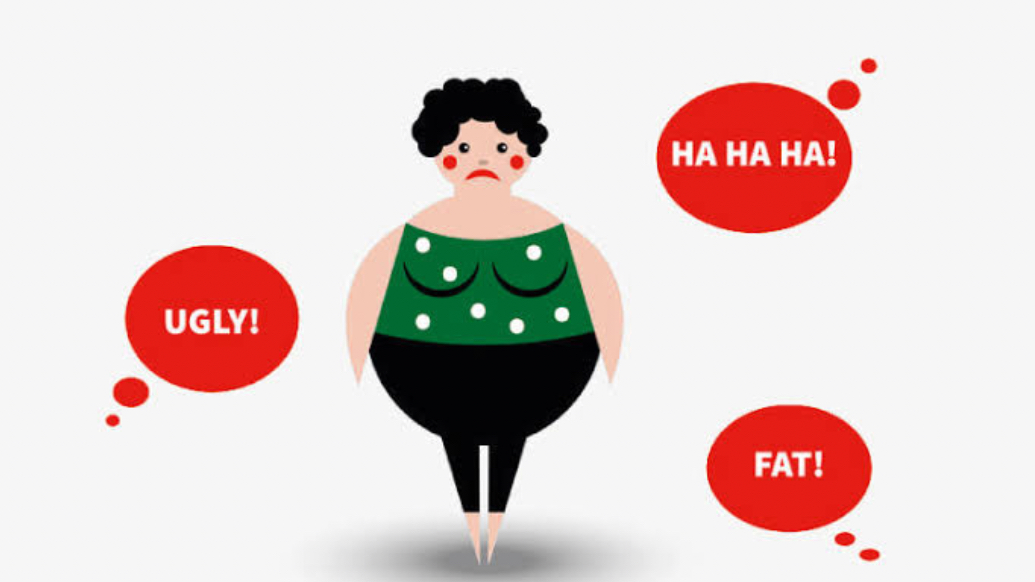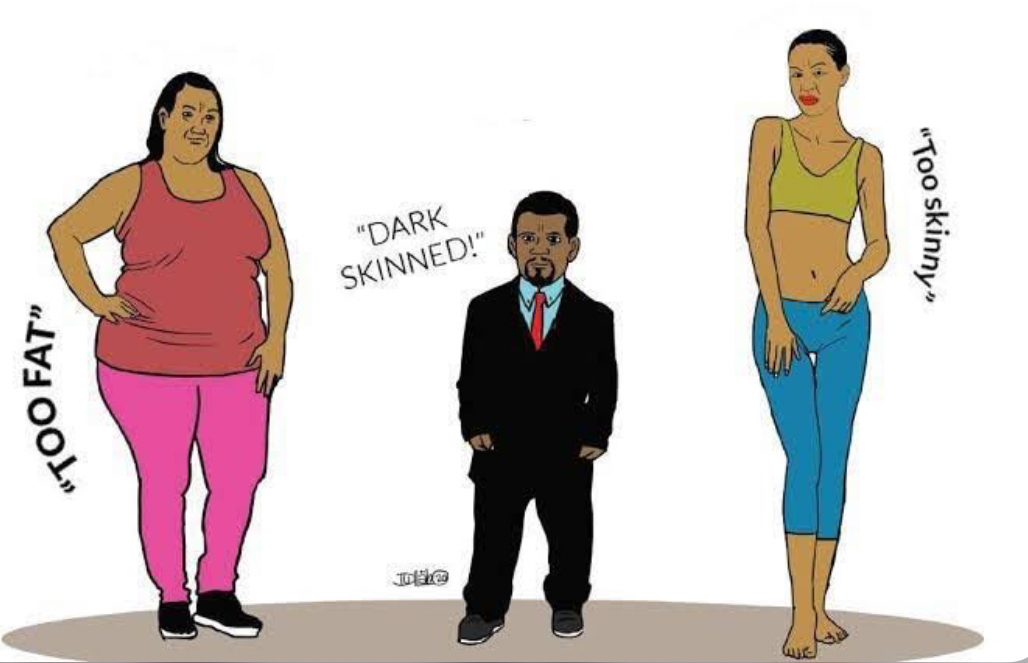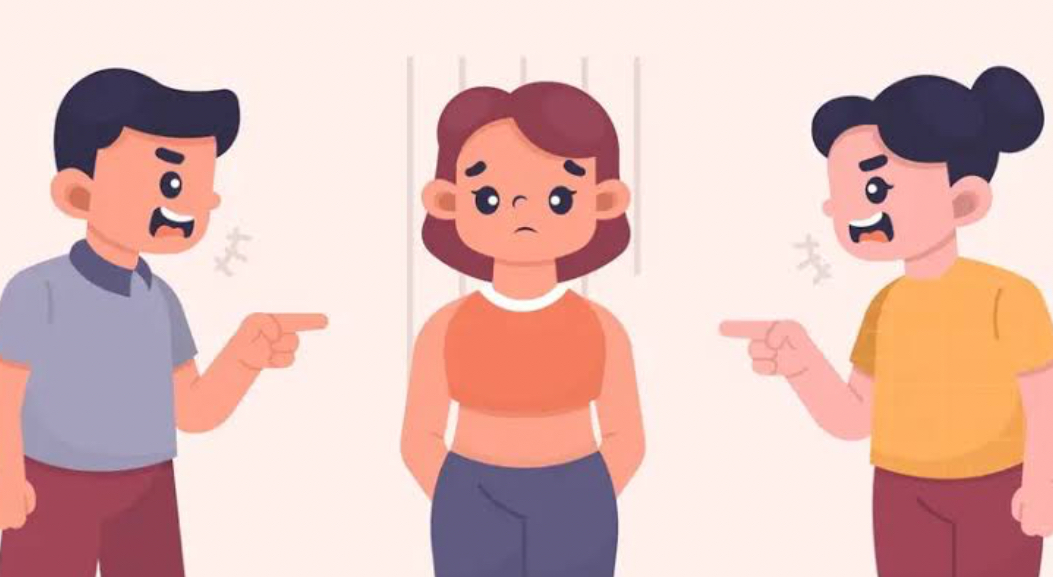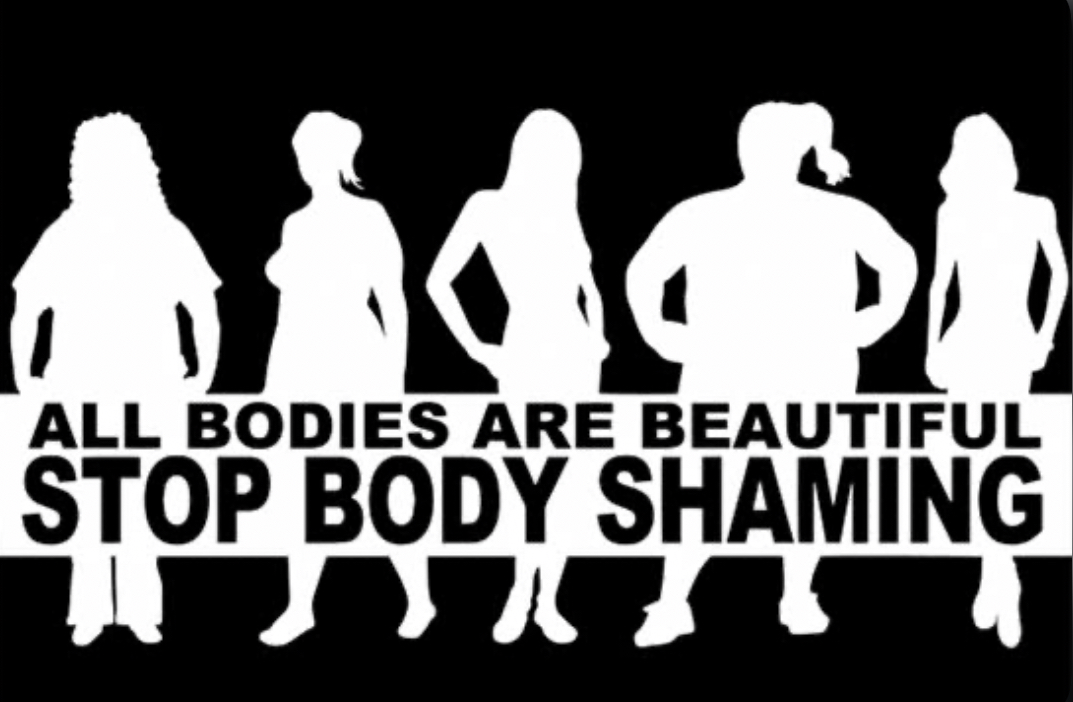Body shaming happens a lot because of today's false beauty standards. This hurts people's mental health and self-esteem. As a mental illness, body shaming can show up in a lot of different ways. Make fun of someone's height or weight. Discuss ways to feel better about your body and how body shaming can hurt your mental health.

Understanding Body Shaming and its Mental Health Impacts:
"Body shaming" means making negative comments about someone's looks. Embarrassments, societal norms, and media portrayals can do this openly or covertly. Physical or verbal abuse of the body can all be harmful to mental health.
Prominent therapist Linda Meredith stresses the link between people who have experienced sexual abuse and body shame and Complex Post-Traumatic Stress Disorder (C-PTSD). Persons like this often have trouble figuring out how they feel about their bodies, which makes their mental health problems even worse.

For women, body shaming usually involves talking about their weight, shape, breast size, and skin colour. For men, it involves talking about their muscle strength, height, hair loss, weight, and body proportions. In addition to lowering self-esteem, these constant judgements also make anxiety, sadness, and eating disorders more likely.
Effects of Body Shaming on Mental Health:
Body shaming can have serious and long-lasting effects on mental health, affecting people in different ways, such as:

- Low self-esteem: Feeling inadequate and unworthy can result from constant judgement and comparison to social beauty standards.
- Anxiety and Depression: Putting too much pressure on yourself to meet unrealistic body goals can make your anxiety and depression worse.
- Eating Disorders: Anorexia nervosa, bulimia nervosa, and binge-eating disorder are some of the eating disorders that can be caused by body shame.
- Social withdrawal: People who withdraw from society out of fear of judgement or rejection may feel even more alone and hopeless.
- Self-Harm and Suicidal Ideation: Being shamed about your body on a regular basis can make you do harmful things to yourself, like hurt yourself or have thoughts of suicide.
- Impaired Relationships: Body shaming can strain relationships, causing trust issues and communication barriers.
- Perfectionism: The pursuit of unattainable beauty standards can lead to stress, burnout, and dissatisfaction.
Strategies for Combating Body Shaming:
We need to take preventative measures to safeguard mental health and combat the detrimental impacts of body shaming.

- Prioritising Self: Put your attention on your internal dialogue instead of the opinions of other people, and give yourself time and attention.
- Healthy Practices: Embrace healthy lifestyle choices encompassing physical activity, balanced nutrition, and mental wellness practices.
- Environment Management: Recognise triggering environments or situations and take proactive steps to remove oneself from such detrimental influences.
- Self-Compassion: Cultivate self-compassion and empathy, resisting the urge to internalise external criticisms and embracing personal happiness.
There are many things that can help stop body shaming, such as accepting yourself, acting in healthy ways, caring about the world, and being kind to yourself. Maybe we can all work towards a society where everyone feels valuable and accepted, no matter what they look like, if we promote a culture of body acceptance and put mental health first.
Image Source: Multiple Agencies
© Copyright 2024. All Rights Reserved Powered by Vygr Media.




















